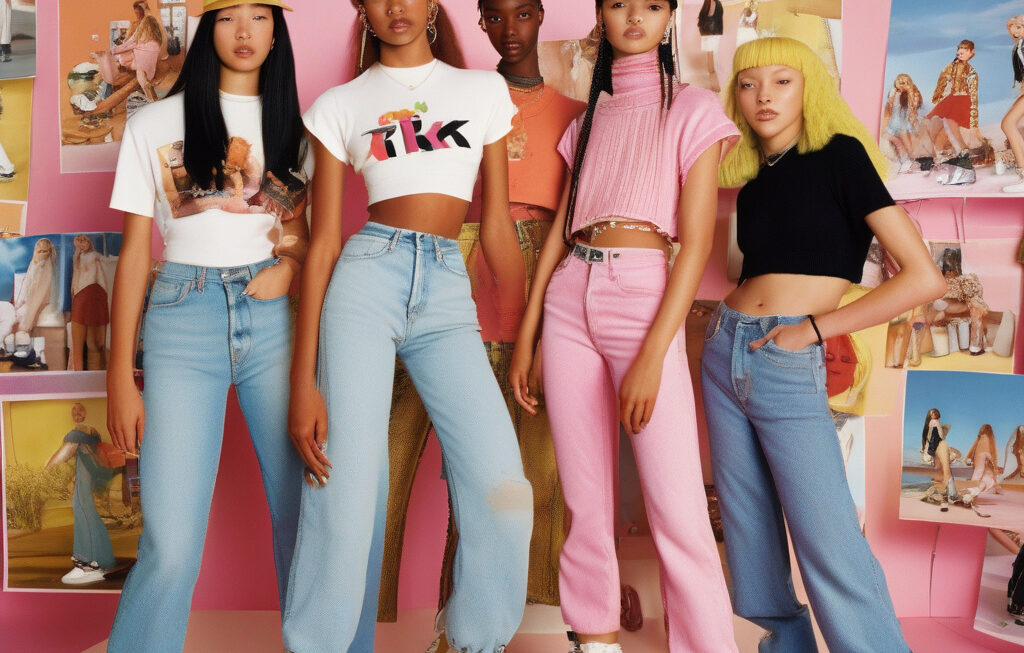Are US Fashion Brands at Risk of Growing Anti-American Backlash Over Trump Policies?
In the ever-changing landscape of fashion, US brands have always held a prominent position, with their Americana and preppy styles resonating with consumers worldwide. However, recent political developments under the Trump administration have raised concerns about a potential anti-American backlash that could significantly impact these brands.
The fashion industry has long been intertwined with politics, reflecting and influencing social trends. With the current global political climate becoming increasingly polarized, it’s no surprise that consumer attitudes towards American brands are shifting. Any sign of anti-American sentiment could spell trouble for an industry that has thrived on projecting a positive, aspirational image of the American lifestyle.
One of the key factors fueling this potential backlash is the controversial policies and rhetoric of the Trump administration. From immigration restrictions to trade wars, the US government’s actions have not only sparked debate within the country but also reverberated around the world. As a result, some consumers may view American brands as symbols of a political system they oppose, leading to a decline in their popularity.
Moreover, the rise of social media has empowered consumers to voice their opinions and hold brands accountable for their actions. In an era where values and ethics play an increasingly important role in purchasing decisions, US fashion brands may find themselves under scrutiny for their perceived alignment with the current administration. Any hint of complicity could drive away socially conscious consumers, further eroding brand loyalty.
To mitigate the risk of an anti-American backlash, US fashion brands need to adopt a proactive approach that prioritizes transparency, inclusivity, and social responsibility. By demonstrating a commitment to progressive values and engaging in meaningful dialogues with consumers, brands can build trust and loyalty, even in the face of political challenges.
One example of a brand that has successfully navigated political controversies is Nike. The company’s decision to feature Colin Kaepernick, a polarizing figure in American politics, in a high-profile ad campaign was met with both praise and criticism. Despite the backlash from some consumers, Nike’s sales and stock prices soared, showcasing the power of taking a stand on social issues.
In conclusion, while US fashion brands may face a growing risk of anti-American backlash due to Trump administration policies, there are steps they can take to safeguard their reputation and appeal to a changing consumer base. By staying true to their values, listening to consumer feedback, and actively engaging in social issues, American brands can weather the storm and emerge stronger on the other side.
fashion, US brands, anti-American backlash, Trump policies, Americana












